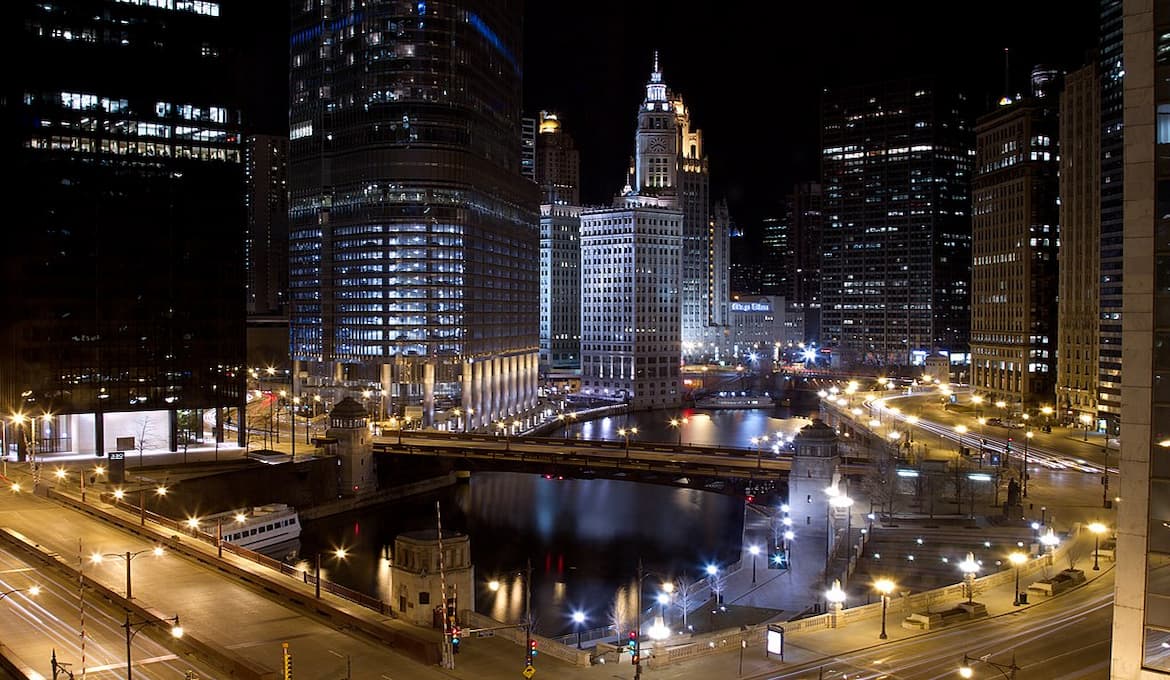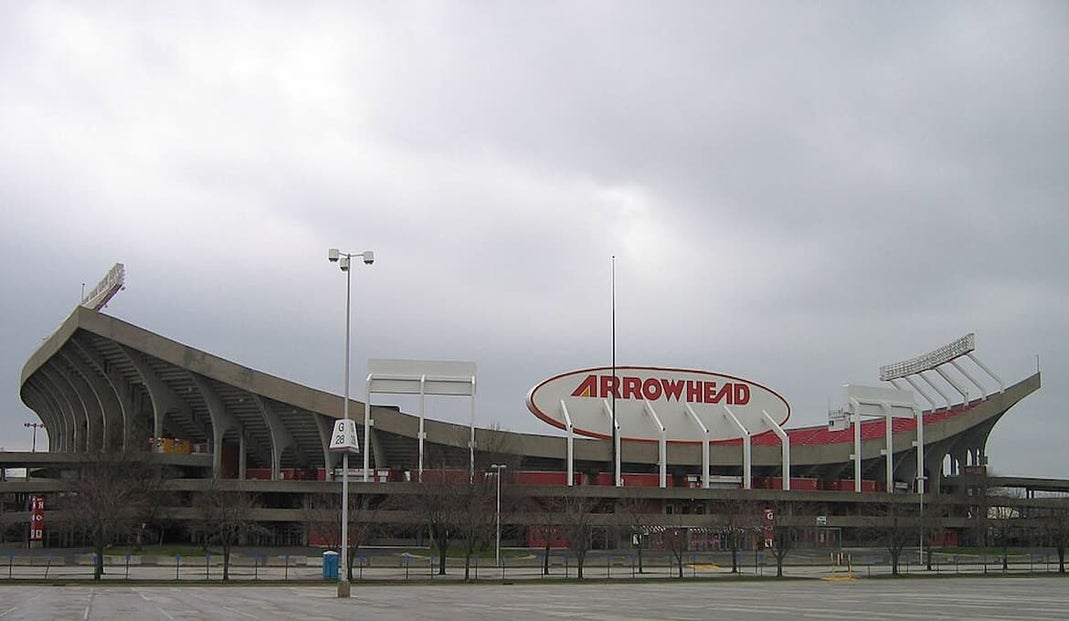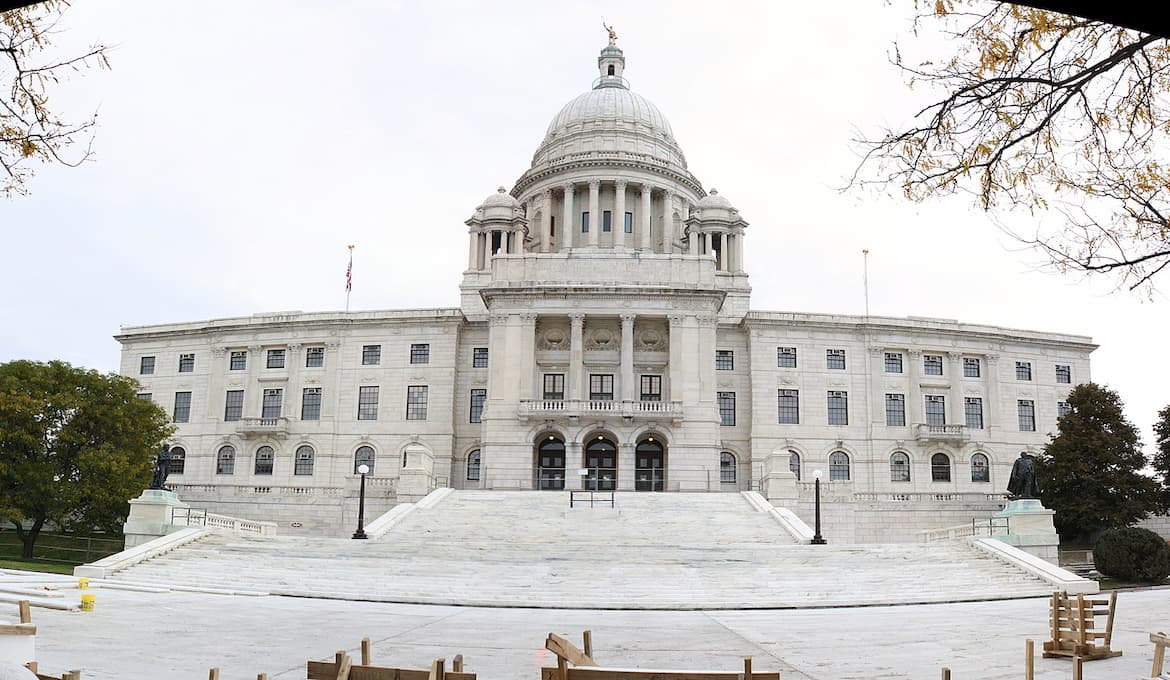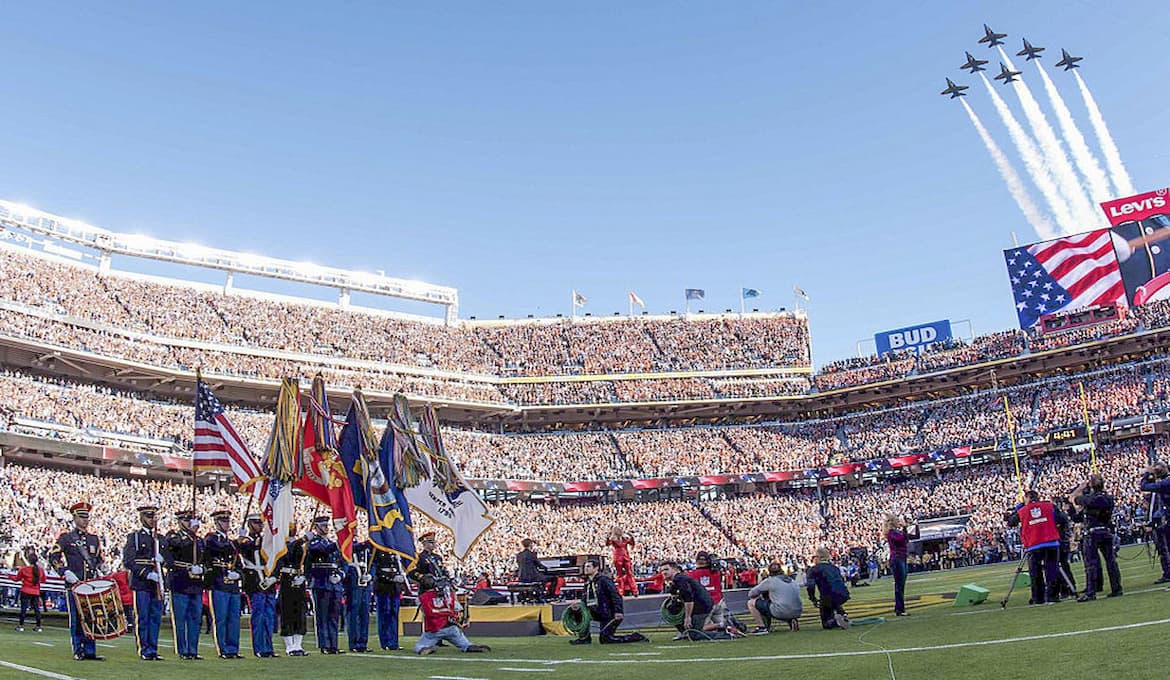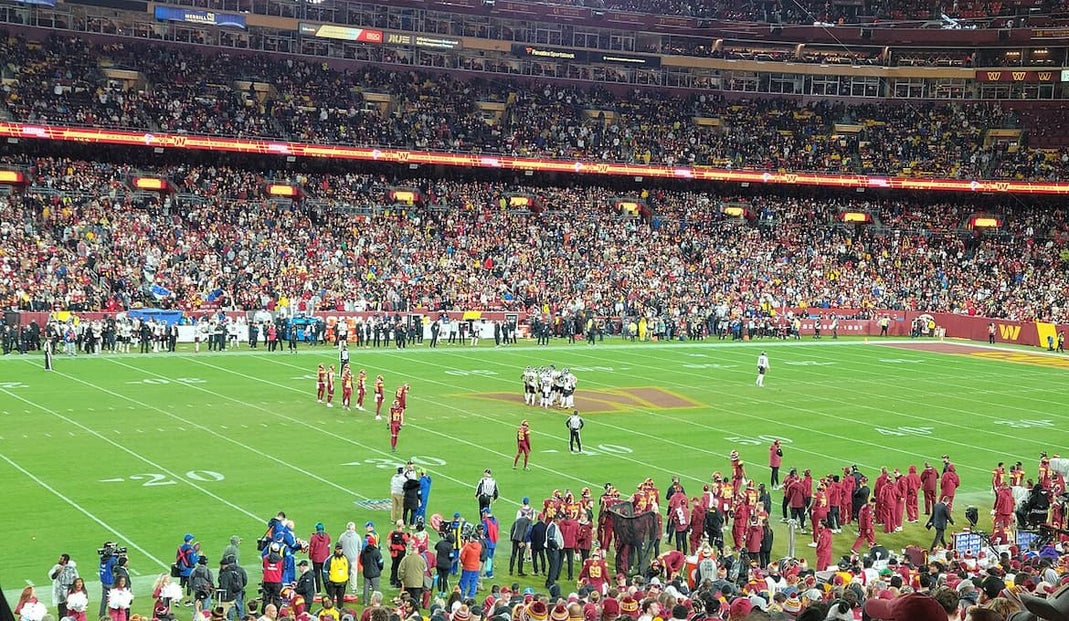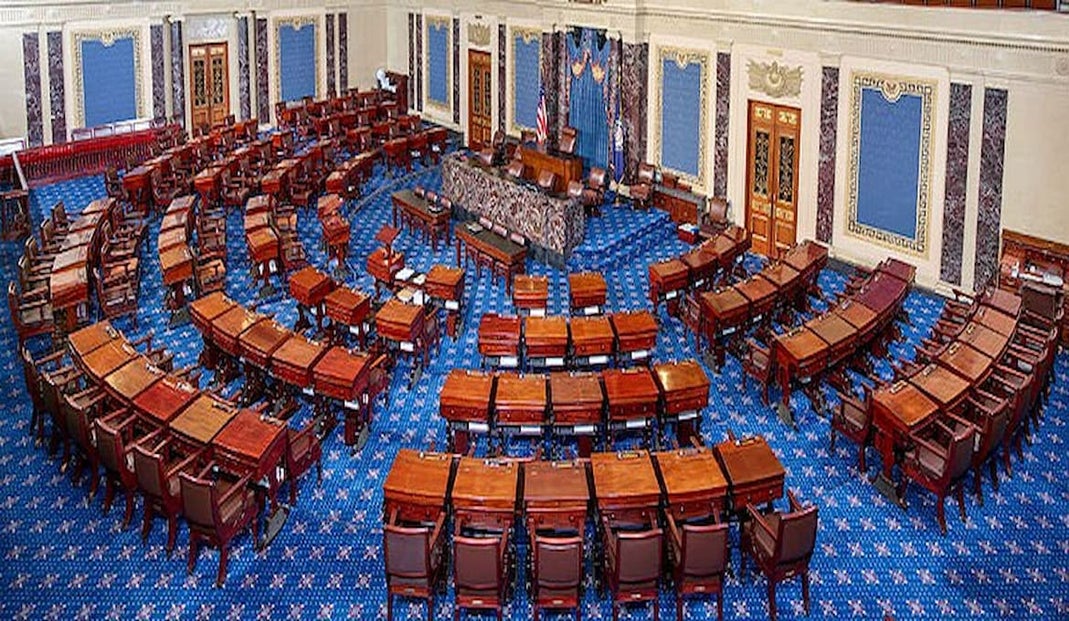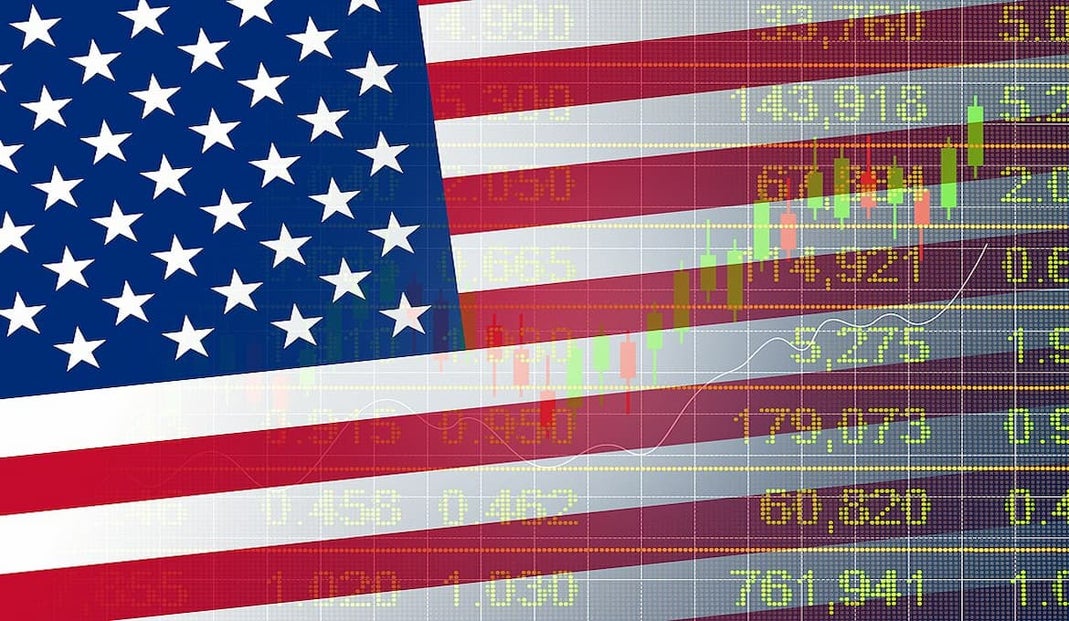Bettors Shrugging off Increased Costs…For Now
July’s report is the only one to be released since the new tax went into play. While it is too early to determine the long-term impact, the short-term results indicate that bettors are shrugging off the increased costs to place their wagers. While the tax only applies to sportsbooks, all ten have added a surcharge or increased minimum bet requirements to offset it.
As impressive as July’s numbers are, it's important to consider that football betting had yet to begin. The busiest time of the betting year attracts many wagers from customers who only bet on football. They enjoy the thrill, but may not be willing to pay more to achieve it, especially as sports prediction markets continue to pop up.
Sportsbooks Facing Staggering Taxes
As we mentioned above, it is too early to tell which side is going to win the fight over the per-bet tax. However, there is no doubt that Illinois sportsbooks are being heavily taxed.
In 2024, Illinois abandoned its annual flat tax rate for a dynamic one, where the rate each sportsbook pays is determined by the amount of wagers it accepts.
Not even one year later, the state decided to pass the per-bet tax, which charges between $0.25-$0.50 on each wager accepted. While surcharges have helped some operators offset those losses, operators are required to pay taxes on them.
While nothing is close to being approved, Chicago lawmakers have publicly wondered if they should add a per-bet tax of their own. With the majority of the state's population residing in the Chicago area, that would serve as another significant blow to operators in the state.
Sportsbooks Can’t Afford to Lose This Fight
Illinois remains the only state to enact a per-bet tax, but that could change quickly if the Illinois market continues to thrive. July’s results cast doubt on the warnings and threats made by the sports betting industry in markets across the US.
While we can’t trust the results from July yet, other states will be watching closely. If the market continues to grow, it would show that bettors are willing to accept slightly higher costs, which can generate millions more in tax revenue every month.
Many states have backed away from significant tax hikes in response to these threats, fearing that their markets would falter and lead to a decline in long-term tax revenue. If Illinois can prove that it isn’t the case, it will lead many markets to reconsider significant tax increases.


